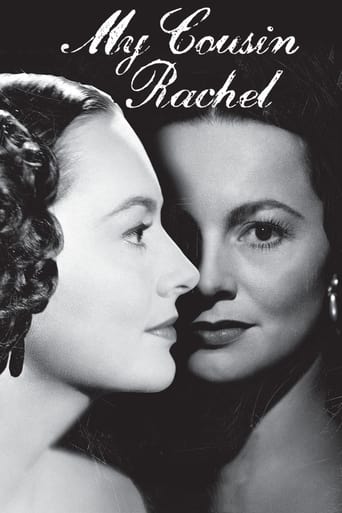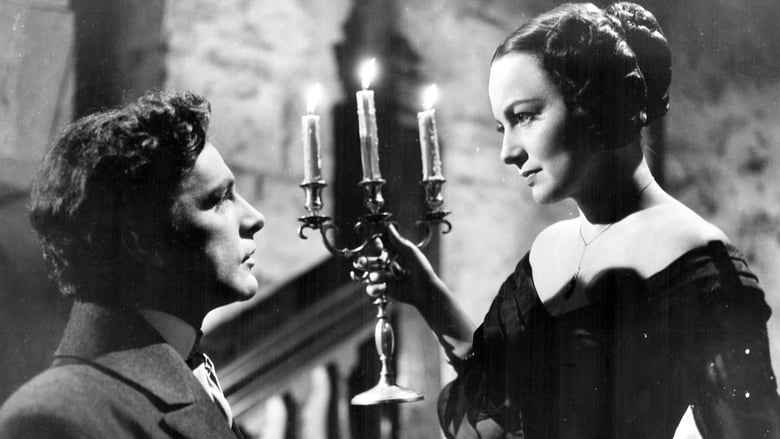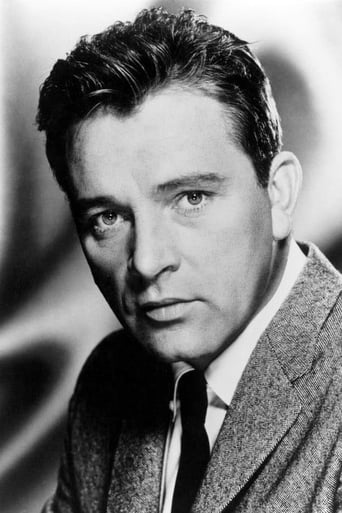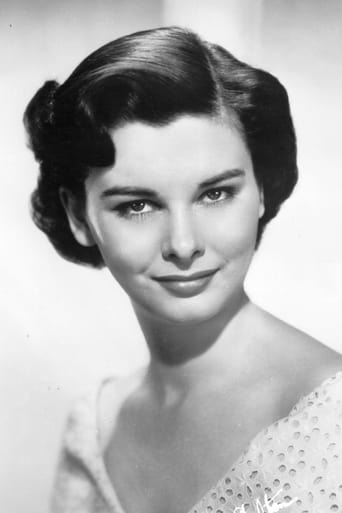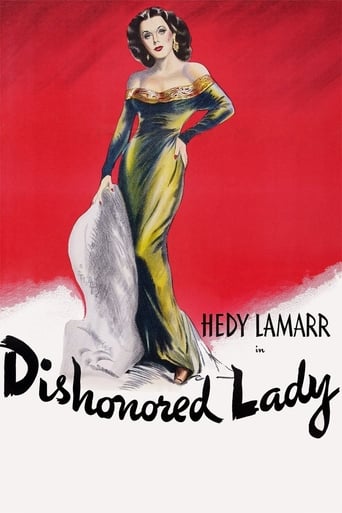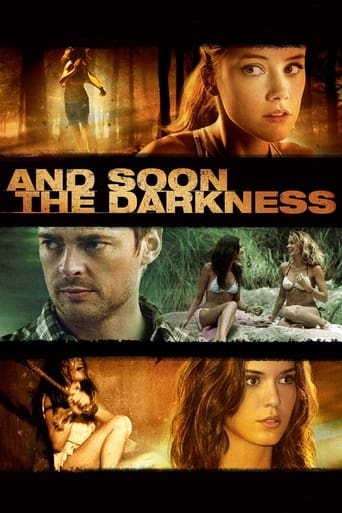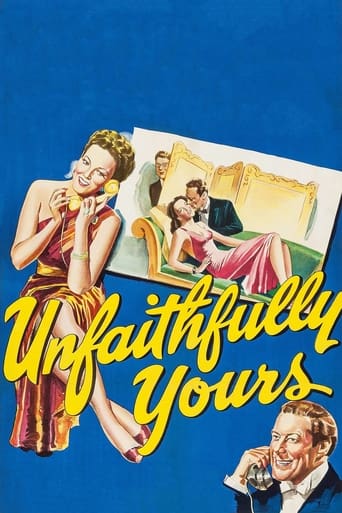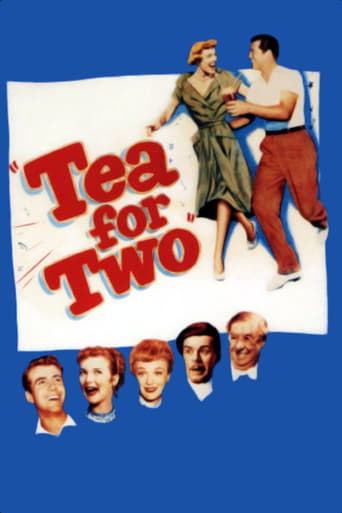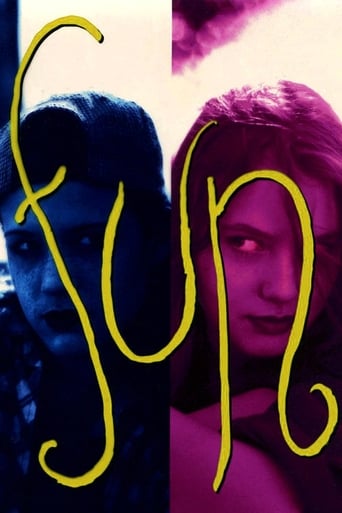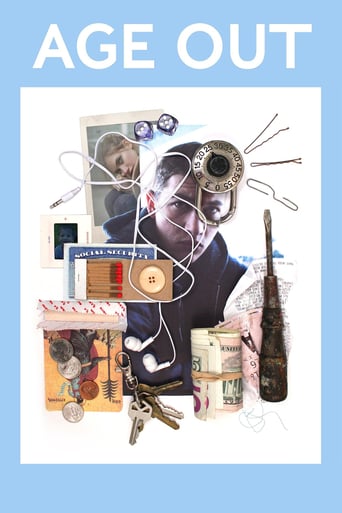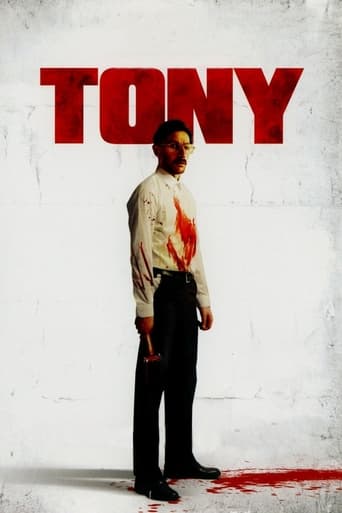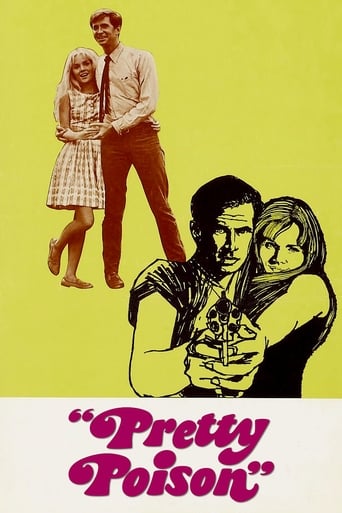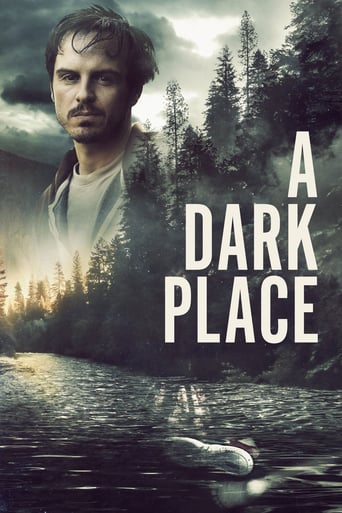My Cousin Rachel (1952)
A young man plots revenge against the woman he believes murdered his cousin, but his plans are shaken when he comes face to face with the enigmatic beauty.
Watch Trailer
Cast
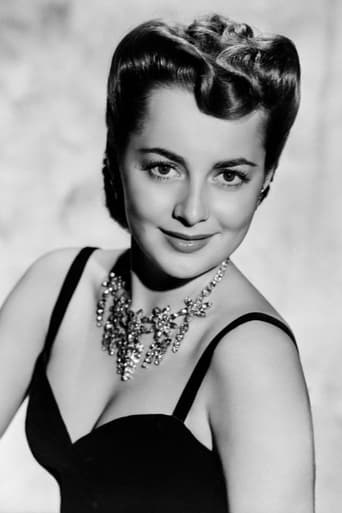


Similar titles
Reviews
Just perfect...
Yo, there's no way for me to review this film without saying, take your *insert ethnicity + "ass" here* to see this film,like now. You have to see it in order to know what you're really messing with.
Not sure how, but this is easily one of the best movies all summer. Multiple levels of funny, never takes itself seriously, super colorful, and creative.
The tone of this movie is interesting -- the stakes are both dramatic and high, but it's balanced with a lot of fun, tongue and cheek dialogue.
I'm not really an Olivia deHavilland fan, but there are a couple of movies of hers that I really like her performance. My Cousin Rachel is one of them, and The Heiress is the other.If you like mysterious classics, like Jane Eyre, Laura, and Rebecca, this one will be right up your alley. It's dark and spooky, well-acted, tension-filled, and it has Richard Burton in it! Richard's cousin has married Olivia (Rachel) and in the 1800s, cousins through marriage become cousins as well, hence the title. He receives letters from his cousin and starts to suspect that Olivia is poisoning him, but before he can travel to their home to rescue him (remember, this is the 1800s; he couldn't just take a plane) his cousin has died. Oh no! Richard is determined to prove Olivia's guilt, so he stays on at the house to try and uncover clues. But the longer he stays there, the more he finds himself drawn to his mysterious widowed cousin. . . I don't want to say any more about the plot, but if your interest has been piqued, rent My Cousin Rachel during the next dark and stormy weekend. It's thrilling!
The story of manipulation, headaches and hormones - it's hard to tell who or what will win, perhaps destiny? Richard Burton as the smitten young heir and Olivia de Havilland as the conniving widow give excellent performances. Cousin Rachel is such a bitch, you want her dead. But, is she really that bad?
"My Cousin Rachel", like Hitchcock's "Rebecca" from twelve years earlier, is based on a novel by Daphne du Maurier. Both films are Gothic melodramas set in Cornwall, and both have a wealthy landowner as the main male character. Another link is that the female lead is played in "Rebecca" by Joan Fontaine and here by her sister Olivia de Havilland. One difference between the two, however, is that "Rebecca" has a contemporary setting, whereas "My Cousin Rachel" is a period piece set in the early nineteenth century. This is not, however, the sort of "heritage cinema" costume drama with which we are familiar today. Ever since the sixties, it has been customary for films set in the 1800s to be made in colour, often sumptuous colour, with an emphasis on a detailed recreation of the costumes and furnishings of the era. In the fifties, however, it was quite common for such films to be treated as a sort of period version of film noir, in black and white with dramatic, expressionist photography. "Blanche Fury" is a British example of this phenomenon, and "Carrie" another American one. The film has a particularly dramatic opening scene. Ambrose Ashley, a Cornish gentleman, is out walking along the coast with his young cousin Philip, an orphan whom Ambrose has adopted as his son. As they walk they see a body swinging on a gibbet and Ambrose turns to Philip and says: "Always remember, Philip, death is the price for murder."Fast forward about twenty years. Ambrose, who has been advised to move to warmer climes for the sake of his health, goes to live in Florence where he marries the Countess Rachel Sangalletti, the English-born widow of an Italian aristocrat. Shortly afterwards, Ambrose dies in mysterious circumstances, leaving his estate to Philip rather than his new wife. Philip is convinced, on the basis of a few mysterious letters from his cousin, that Ambrose was in fact murdered by Rachel, but when she travels to England and he meets her, he falls desperately in love with the beautiful older woman. (Philip is 25, Rachel probably in her mid- thirties). As their relationship progresses, however, Philip's suspicions about Rachel return, and he begins to suspect that she might be planning to murder him to secure ownership of the estate.The film's main problem is that it is never made clear whether or not Rachel murdered Ambrose or whether she is plotting to kill Philip. We spend about half the film thinking that she is the victim of unjustified suspicion and the other half believing that she may well be guilty of the crimes of which she is suspected. I don't intend to examine all the conflicting evidence with which we are presented, as fedor8 has already done this in his helpful review which sets out both the case for Rachel's innocence and the case for her guilt. The truth is never really established, and the film's ambiguous ending does not assist in this regard. In some artistic contexts ambiguity can be beneficial, but I feel that a Gothic suspense drama like this one needs to draw a clearer line between virtue and villainy. The film does, however, also have its strong points. As mentioned above, its stark photography is very effective, and it was nominated for an Academy Award for Best Cinematography. There are also two excellent acting performances from De Havilland as Rachel and a young Richard Burton as Philip. I would not agree with those who see Philip as a Heathcliff figure- Emily Bronte's hero was always something of a threatening outsider, whereas Philip the wealthy country gentleman is really an insider, part of the system. Perhaps a more accurate comparison would be with a younger version of Mr Rochester from "Jane Eyre"- proud, impulsive, wilful, capable of both great generosity and great folly. Burton, one of several possible contenders for "greatest actor never to win an Oscar", deservedly received the first of his seven nominations for this film. (His second nomination came the following year for "The Robe", a film directed by the same director, Henry Koster). Oddly, his nomination here was in the "Best Supporting Actor" category, even though his is very much a leading role. One might have thought that the ambiguity surrounding Rachel would have given De Havilland a problem as to how the character should be played. She is able, however, to give a very nuanced performance, suggesting both Rachel's lovability and her possibly sinister side. Another good contribution comes from the lovely young Audrey Dalton, in her debut film, as Louise, the young girl who loves Philip but fears losing him to Rachel. Audrey was a highly promising young actress who never really went on to become a major star, although she was to give another memorable performance in "Titanic" the following year. Some have speculated that the film might have been improved had it been directed by Hitchcock rather than Koster, but the Master was never really comfortable with period drama. His attempt to film Du Maurier's "Jamaica Inn" resulted in one of his least memorable movies. He might have brought a greater sense of suspense to certain scenes, but I suspect that even he would have had difficulty in overcoming the problem of the ambivalence surrounding Rachel's guilt or innocence. 6/10
This movie reminds me of "Rebecca" as well. Both are dark sided, with women that are formidable to the men in question. Interesting that in both cases, these are thoroughly English men. While both women are compelling personalities and complicated to the men involved, I think they are very different, both in type and motivation.I think Rebecca simply had a very skewed moral compass with underlying perversity. I think she knew when she did wrong and reveled in it – rather depraved actually.However, Rachel is another story. I don't think she is actually sinister, but of a culture with ethics quite foreign -and skewed- to the rather straight laced English mindset. Remember, she is a certain European with very different ways of looking at things. What seems not quite cricket to Philip and the older Ambrose, needs no justification in Rachel's mind.And I think she had the type of "tribal" loyalty that bound her to her own kinsmen in preference to these newly acquired English connections (husband, in Ambrose's case). That's why she could be so genuinely outraged by Philip's confrontations and so strong in her own representations of matters. She truly saw no reason not to take the mile when she was offered an inch. Any implication of an implied betrothal or personal commitment in the gift of very valuable family jewelry was dismissible with her. This ambivalence also included being somewhat free with her kisses. As for it seeming implausible that Philip could be so rearranged by her, well, that is an old story. Strong women have been turning men inside out for centuries. Recall that Philip is a relatively unsophisticated young man. Ambrose, while advanced from him, was about as inexperienced with persons so unlike his countrymen. What seems clear and forthright to a rather sheltered young man, can melt away when confronted with the formidable presence and charm of a more sophisticated and attractive woman.Again, I do not think Rachel set about with cunning and craftiness. I think she was of a mindset that saw no problem with acquiring as she did and with sharing with her fellow countryman with whom she had a much longer and deeper tie than this simple, probably seemingly rather cold Englishman – either in the case of Ambrose originally and later with Philip. Whether or not she actually did away with Ambrose is up for conjecture. But her total confounded disbelief when she fell into Philip's literal trap at the end was genuine. I think her sense of ethics and moral justification were so diverse from Philip's that he could not but think of her as deliberate in cunning. The combination of expressed affection and seeming duplicity were maddeningly incomprehensible to him. Rachel violated Philip's expectations and moral code on several counts. His obsession with her and perception of that drove him to violate it himself. (not revealing the end)

